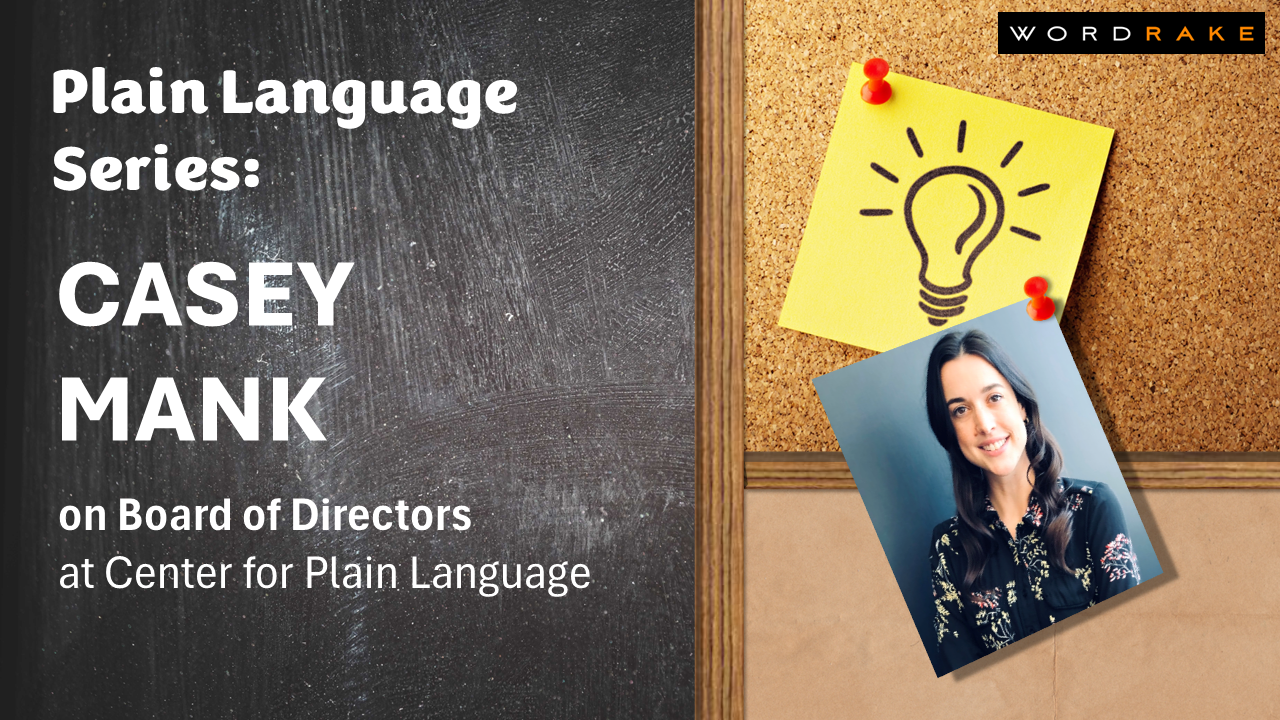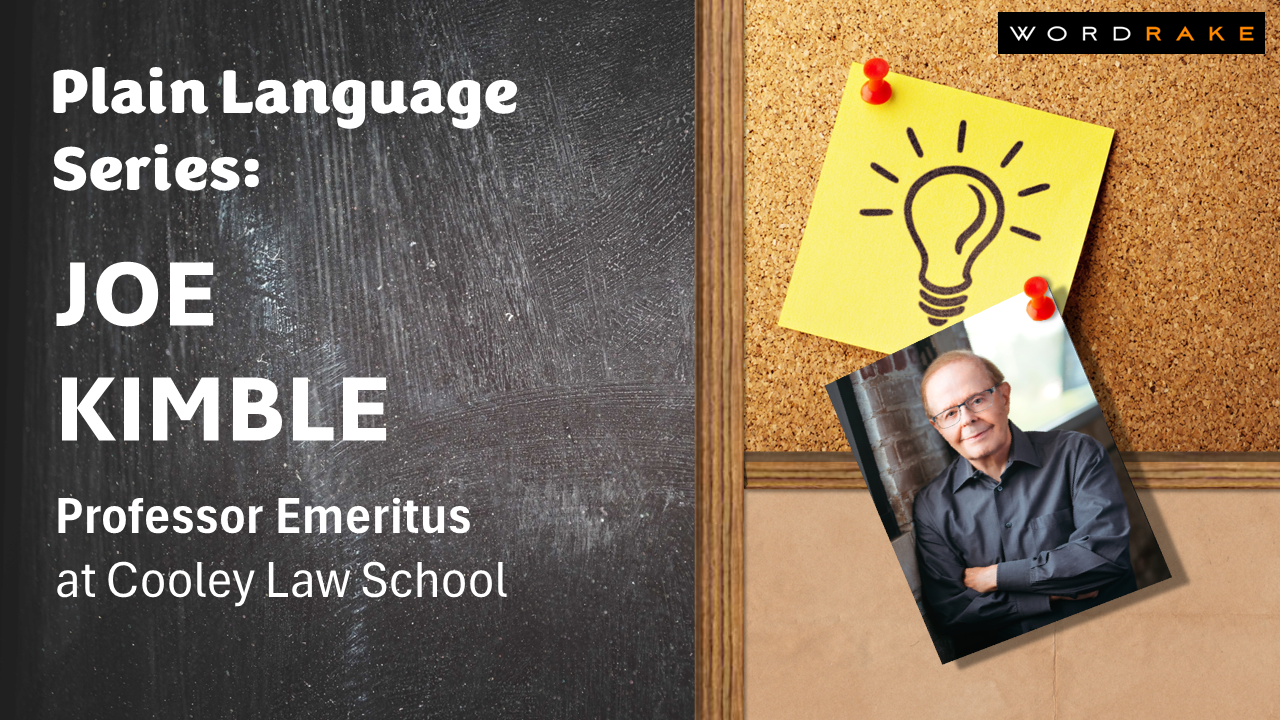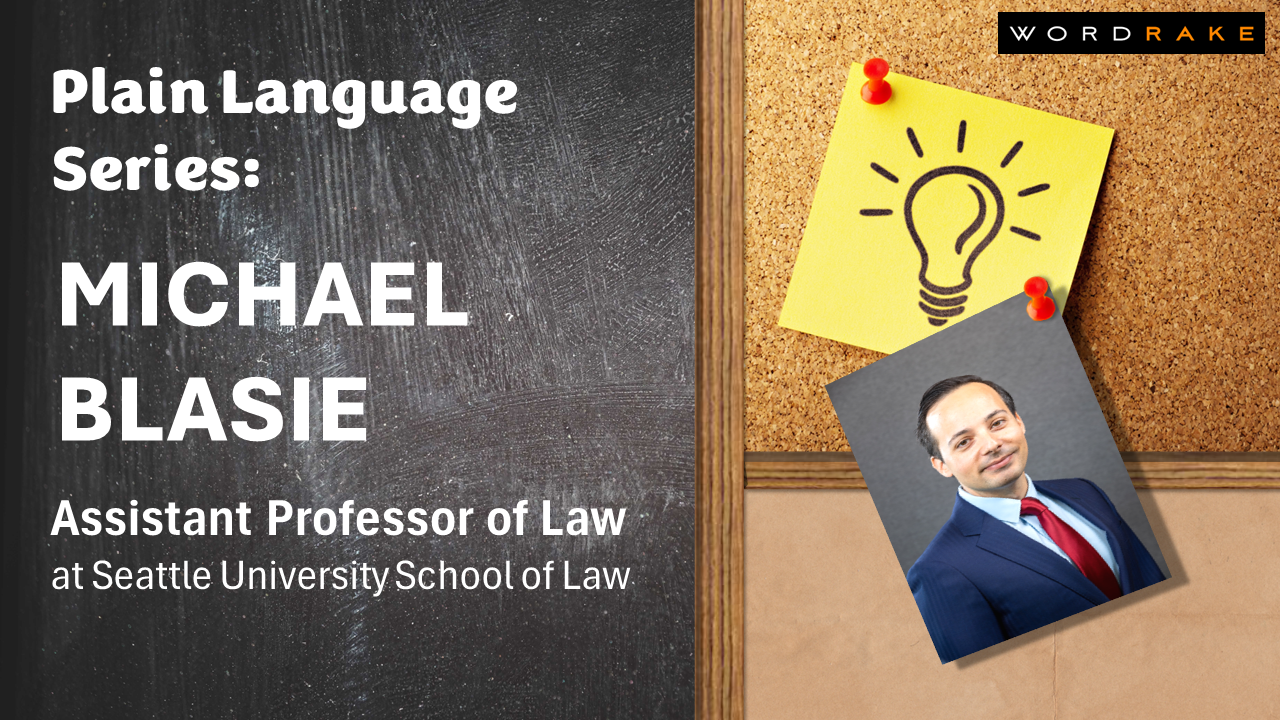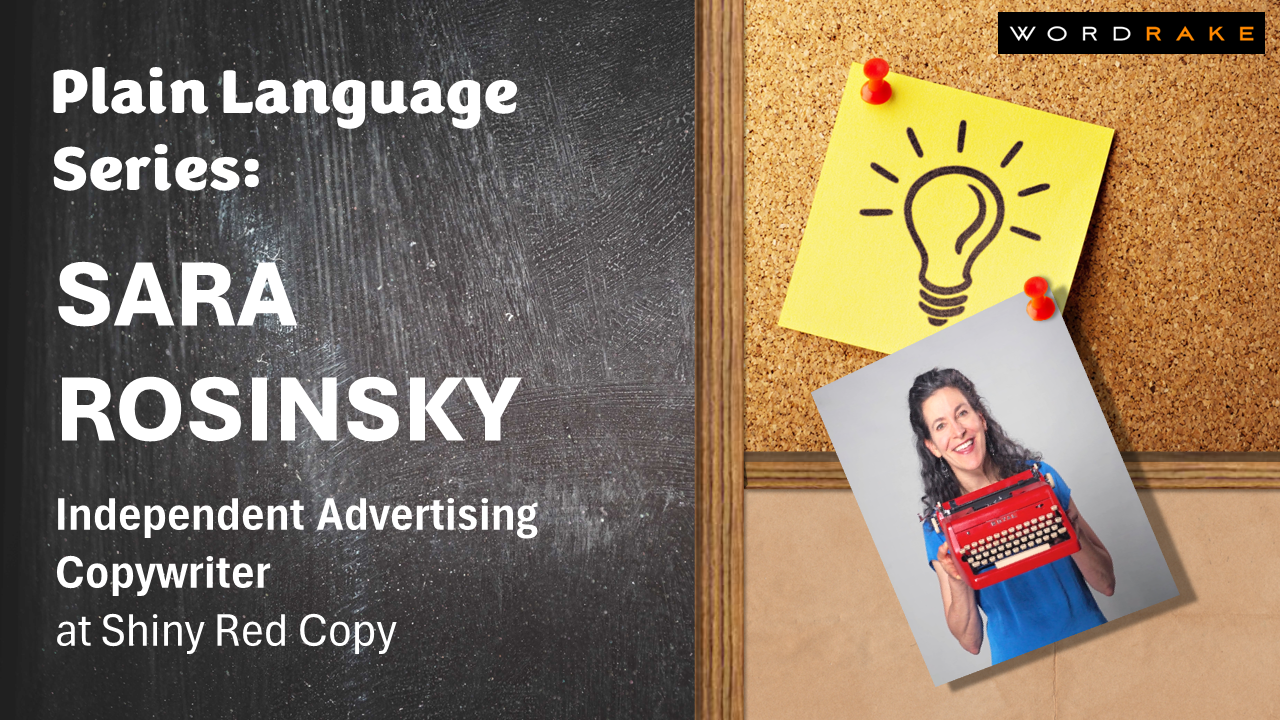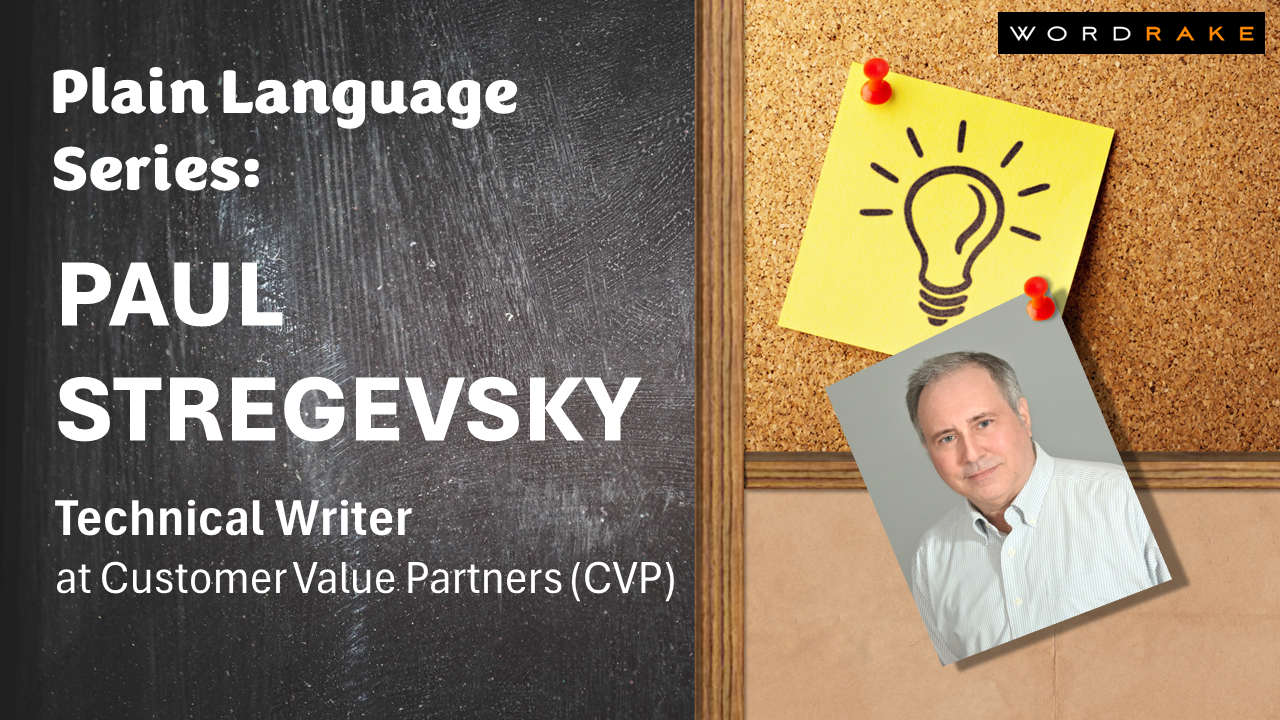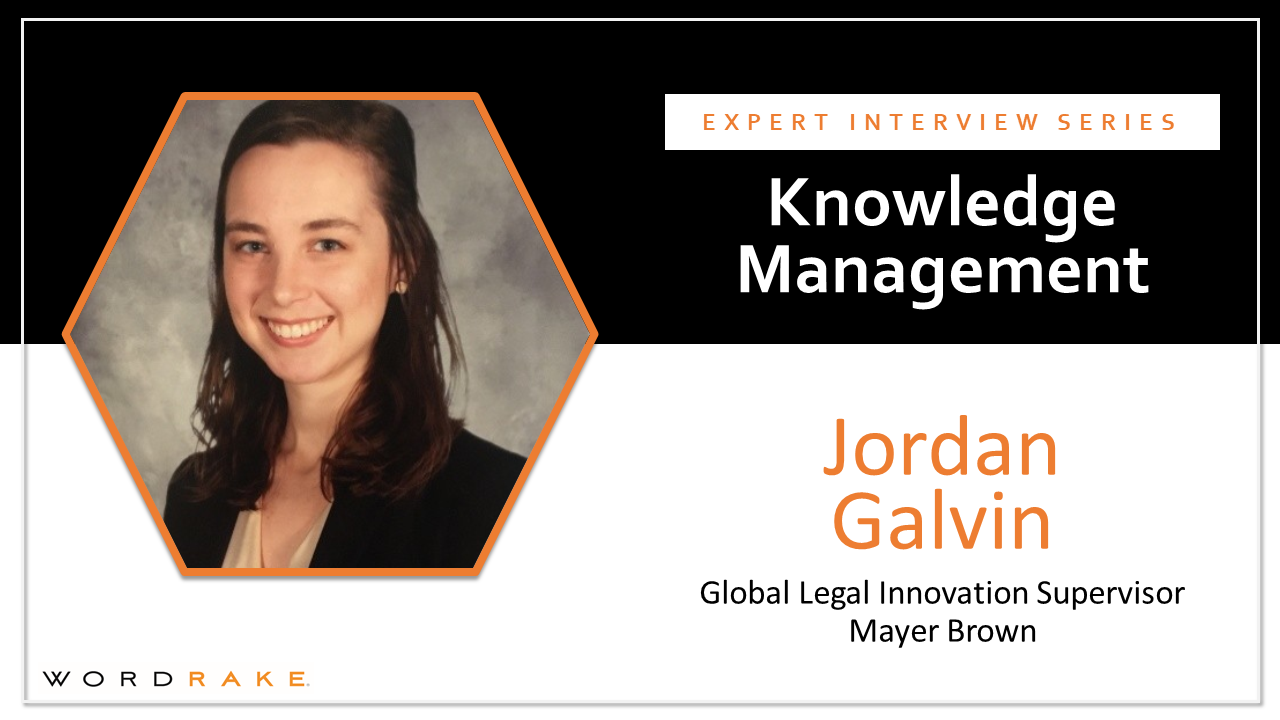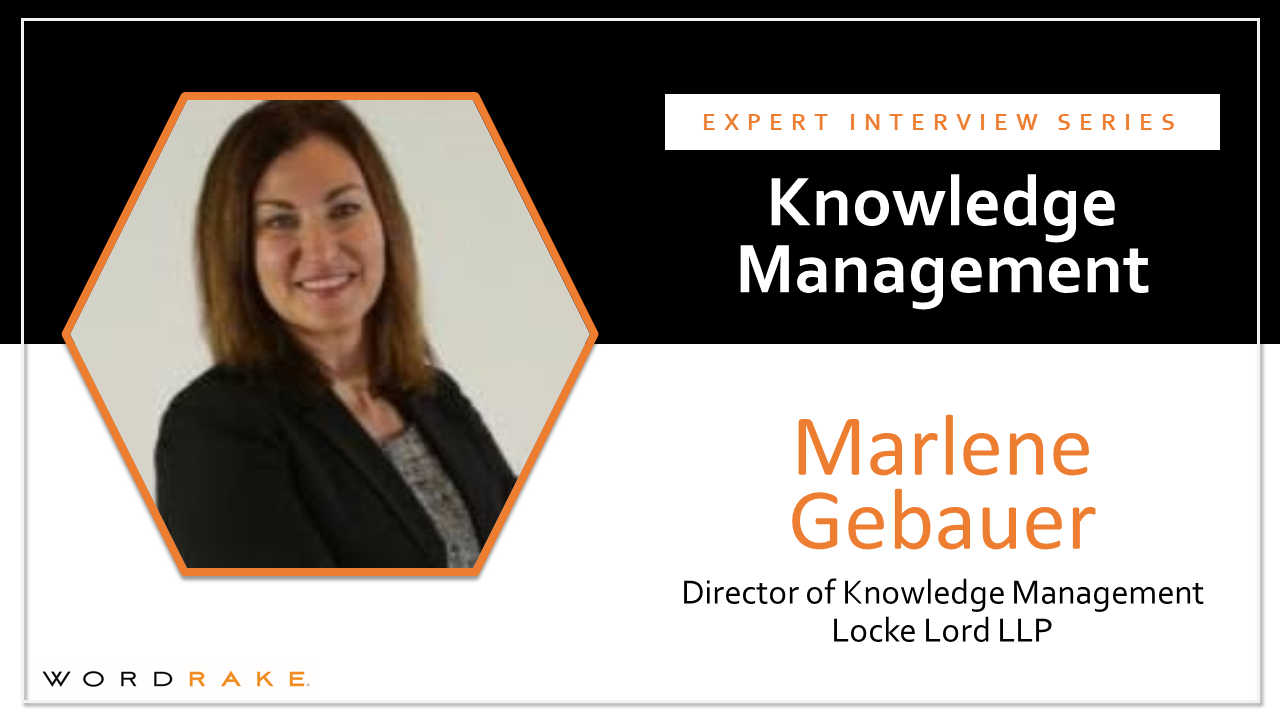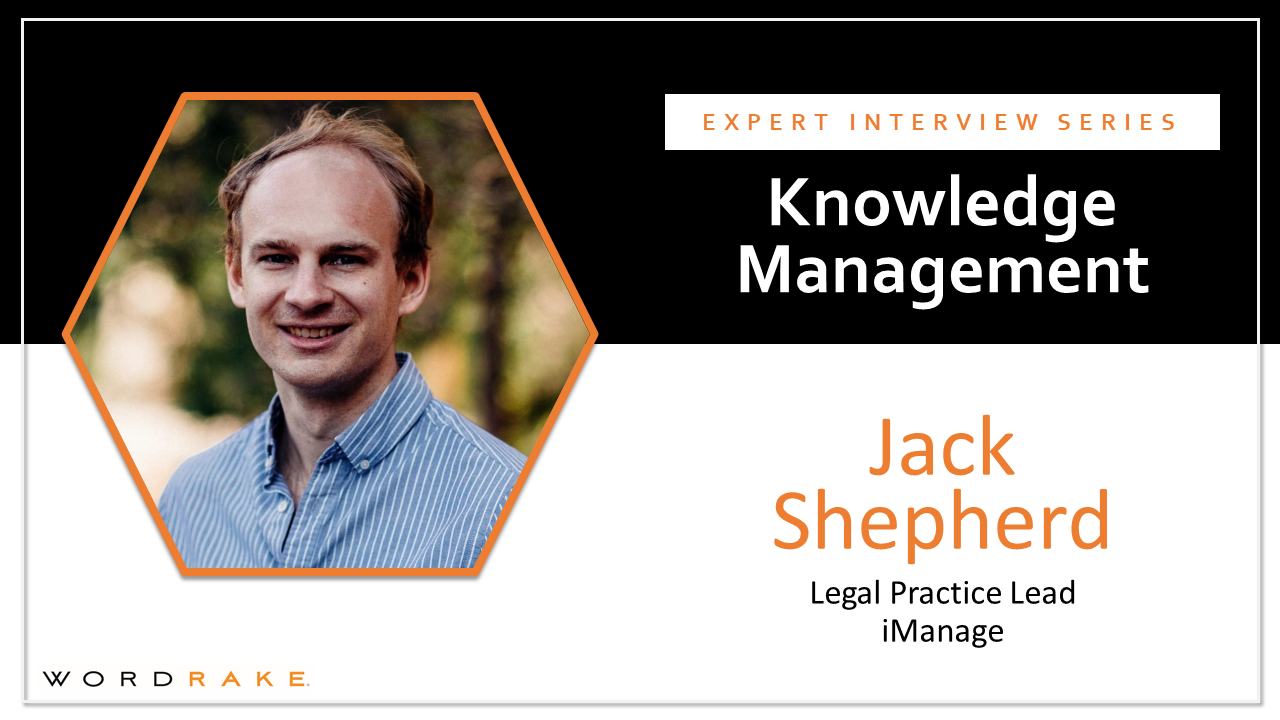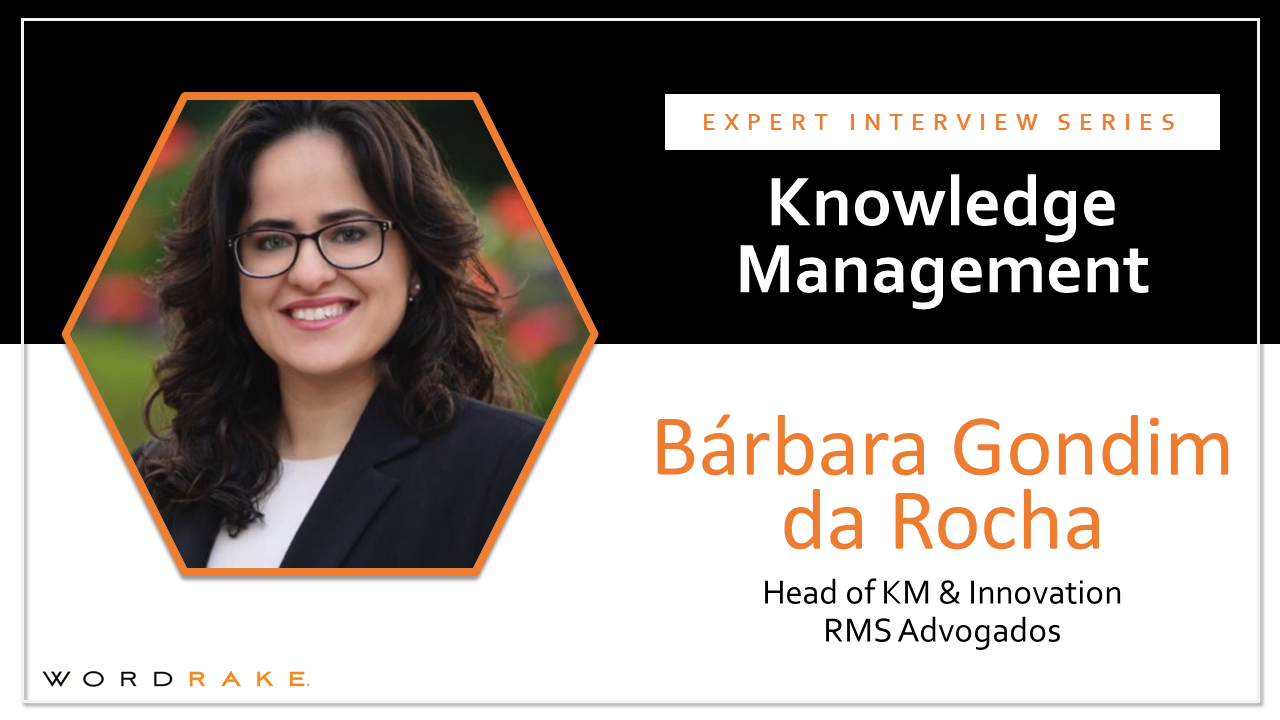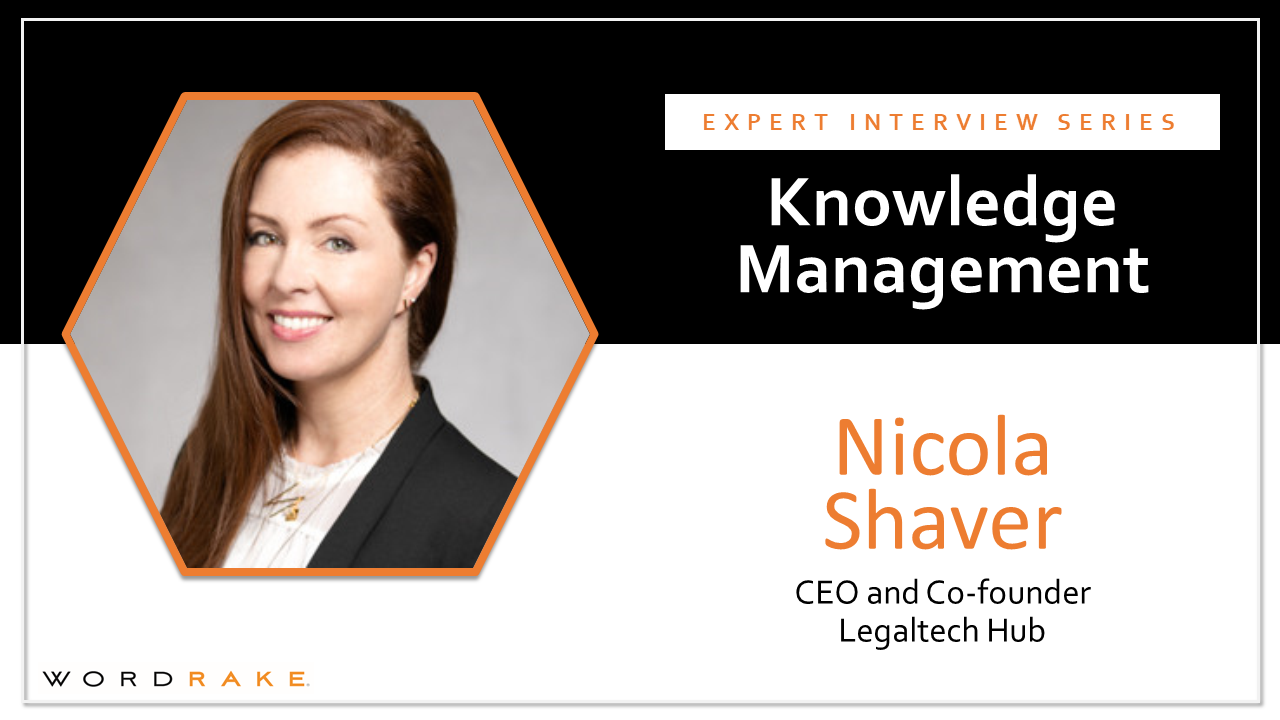You can write your documents in short sentences with small words, and they may still not qualify as "plain language." As Center for Plain Language board member Casey Mank explains, plain language is about usability as much as readability. Learn more below as Casey describes what makes a document successful, and how to integrate plain language into your own writing and design.
What is your role and how is it connected to plain language?
I serve on the board of directors at the Center for Plain Language. We are a nonprofit that helps government agencies and businesses write clearly. I’m currently serving my second term on the board and have previously been the Head Judge for the Center’s annual ClearMark Awards. The ClearMarks recognize the very best Plain Language work across industries and in 3 languages.
Continue reading
